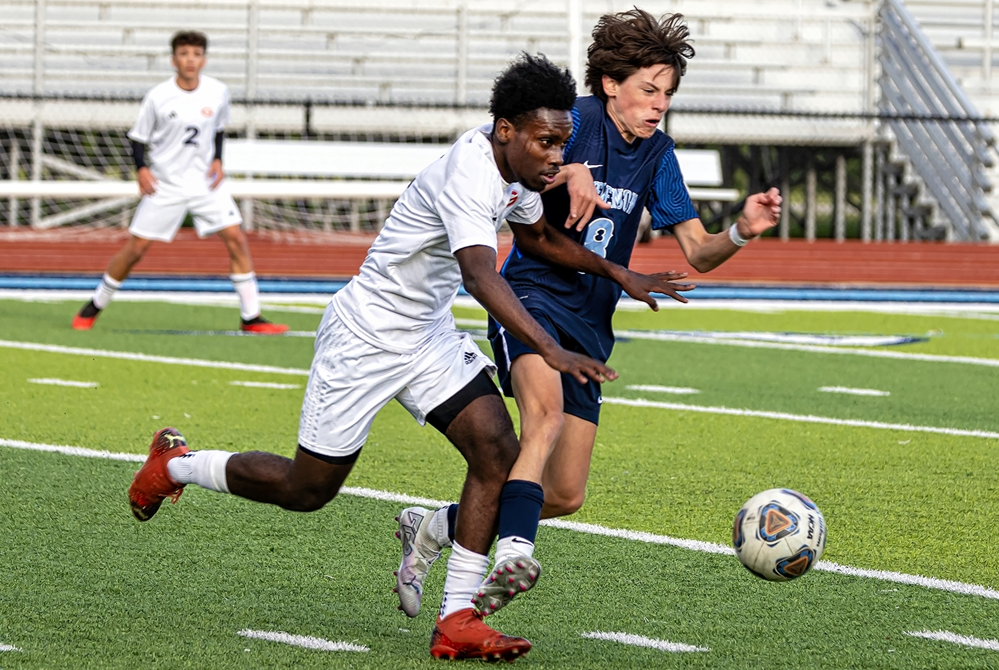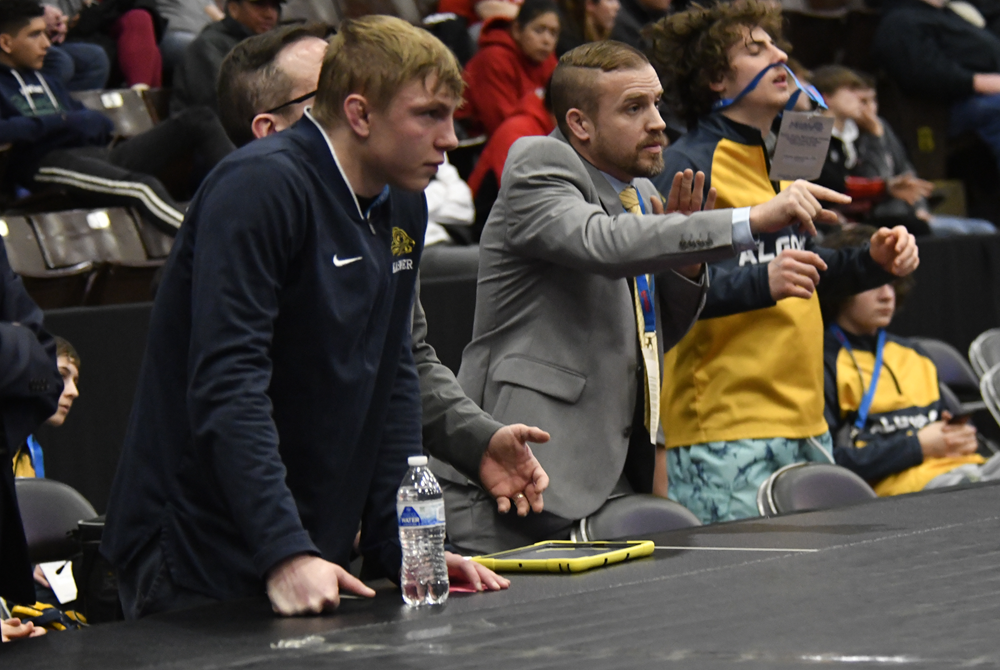
Be the Referee: Soccer Handling
By
Paige Winne
MHSAA Marketing & Social Media Coordinator
September 5, 2024
Be The Referee is a series of short messages designed to help educate people on the rules of different sports, to help them better understand the art of officiating, and to recruit officials.
Below is this week's segment – Soccer Handling - Listen
In soccer, a kicked ball that inadvertently touches a player’s arm is not a handball. If a ball is kicked at someone’s face and they instinctively put their hand in front of their face to block the ball – that is also not a handball. There was no intent.
Handball – or handling – is called when the touch with a hand or arm is deliberate.
However, if a ball glances off an offensive player’s arm and goes into the goal, the goal is not allowed. Even if the touching was accidental or inadvertent, it’s no goal. If the touching leads to an immediate goal-scoring opportunity, then it’s also whistled for handling.
As long as the inadvertent touching doesn’t lead directly to a goal, it’s play on.
Previous 2024-25 Editions
Aug. 24: Football Holding - Listen
PHOTO Westland John Glenn and Sterling Heights Stevenson players pursue the ball during their matchup this season. (Photo by Douglas Bargerstock.)

Be the Referee: Wrestling Technology
By
Sam Davis
MHSAA Director of Officials
January 24, 2024
Be The Referee is a series of short messages designed to help educate people on the rules of different sports, to help them better understand the art of officiating, and to recruit officials.
Below is this week's segment – Wrestling Technology - Listen
You see the use of technology in football quite frequently. A quarterback throws an incomplete pass on third down and when he comes to the sidelines, coaches are able to show him on a tablet or TV screen what went wrong.
But can that same technology be used in wrestling? It can.
Current National Federation playing rules allow coaches in the wrestler’s corner to use video or still photographs to instruct wrestlers during any timeout or dead clock situations. Just like in the football example, a wrestler could view footage from earlier in their match during a timeout and use that information going forward. However, that video cannot be used to dispute a call.
One thing coaches can’t do is transmit audio to a wrestler through an earpiece.
Previous Editions
Jan. 9: 3 Seconds - Listen
Dec. 19: Unsuspecting Hockey Hits - Listen
Dec. 12: No More One-And-Ones - Listen
Nov. 21: Football Finals Replay - Listen
Nov. 14: Volleyball Unplayable Areas - Listen
Nov. 7: Pass/Kick Off Crossbar - Listen
Oct. 31: Cross Country Interference - Listen
Oct. 24: Soccer Overtime - Listen
Oct. 17: Tennis Spin - Listen
Oct. 10: Blocked Kick - Listen
Oct. 3: Volleyball Double & Lift - Listen
Sept. 26: Registration Process - Listen
Sept. 20: Animal Interference - Listen
Sept. 13: Feet Rule on Soccer Throw-In - Listen
Sept. 6: Volleyball Jewelry - Listen
Aug. 30: Football Rules Similarities - Listen
Aug. 23: Football Rules Differences - Listen

